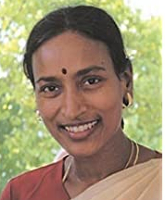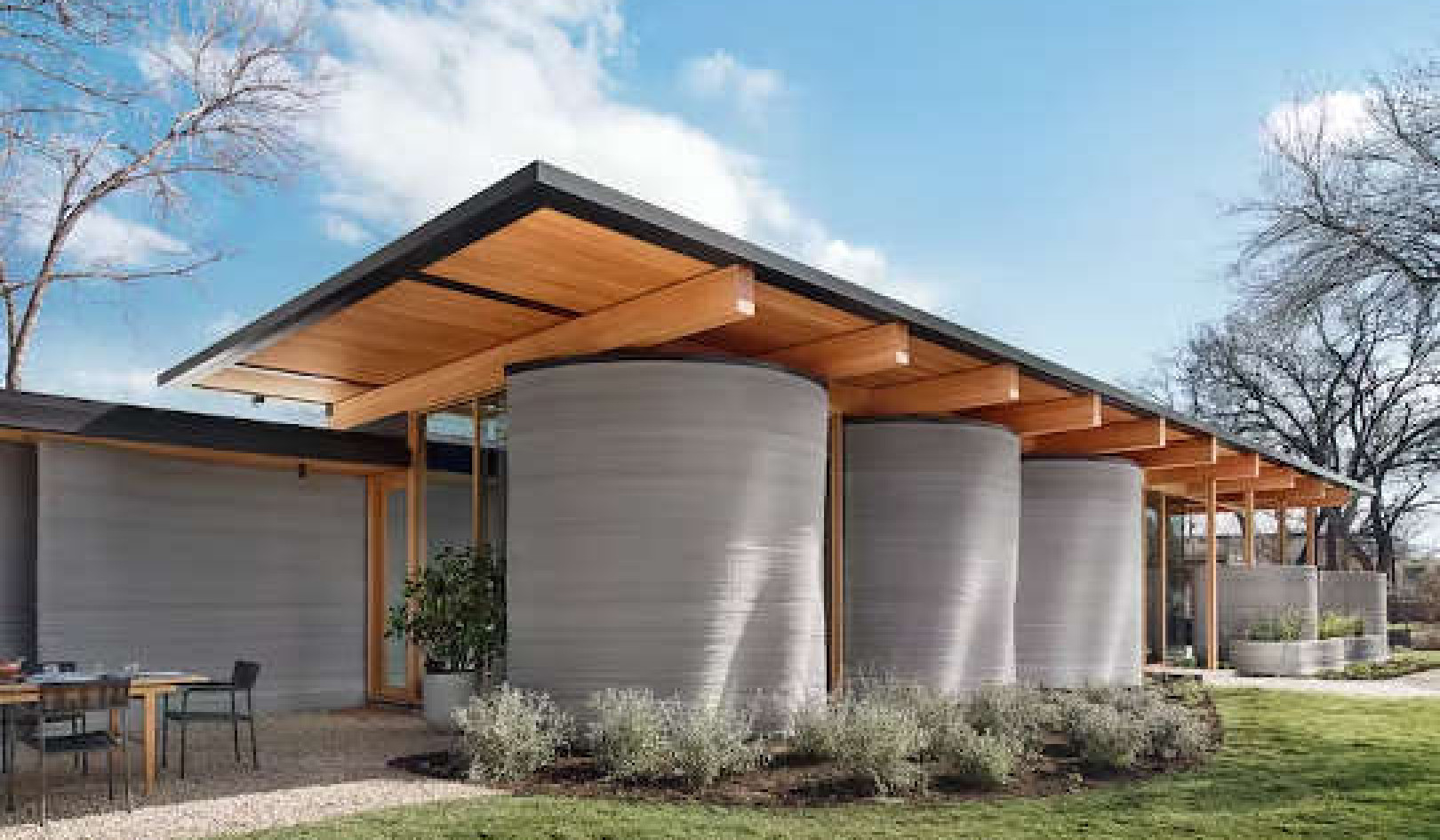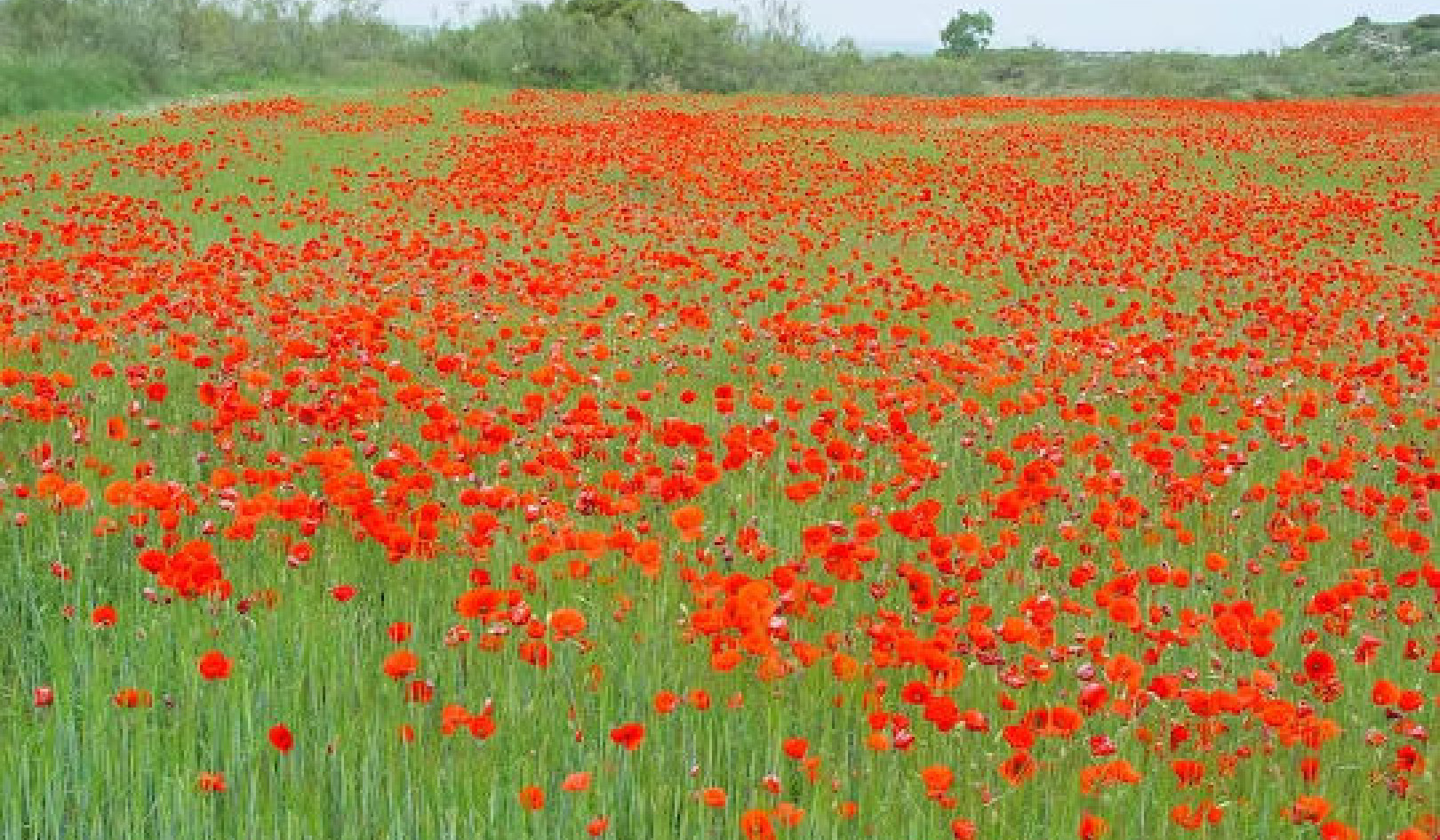Cultures on every continent around the world have a collective memory of a time when their ancestors were hunter-gatherers and lived in the forest as a part of nature itself. The Aborigines of Australia, for example, were known to have lived a bucolic, hunter-gatherer lifestyle as recently as the early to mid-1800s, until they were forced to relinquish their way of life.
Before colonization, the Aborigines were able to live according to their own traditions for over 150,000 years, and the earth provided for all their needs. They lived in it lightly, in complete harmony with the seasons and cycles of nature.
The hunter-gatherer lifestyle of the Aborigines was completely dependent on the seasons, which affected the availability of their food. They lived as an integral part of nature and did not think themselves any different from the plants and the animals in their environment. All the natural resources belonged to nature. No one owned land, cash, or any other personal property.
Trusting That Nature Will Provide
These hunter-gatherer tribes so completely trusted nature to provide for all their needs that they never felt the necessity to hunt and gather even an ounce more than what they could eat in one meal. They did not overeat, hoard, store, process, ferment, preserve, or freeze their foods. They took only what they absolutely needed for survival, fully trusting that nature would provide their next meal.
The Aborigines actually spent very little time hunting and gathering. Once they had eaten, they spent the rest of their day...
Continue Reading at InnerSelf.com (plus audio/mp3 version of article)
Read by Marie T. Russell, InnerSelf.com
Music By Caffeine Creek Band, Pixabay
About the Author
 Vatsala Sperling, Ph.D., PDHom, CCH, RSHom, is a classical homeopath who grew up in India and earned her doctorate in clinical microbiology. Before moving to the United States in the 1990s, she was the Chief of Clinical Microbiology at the Childs Trust Hospital in Chennai, India, where she published extensively and conducted research with the World Health Organization.
Vatsala Sperling, Ph.D., PDHom, CCH, RSHom, is a classical homeopath who grew up in India and earned her doctorate in clinical microbiology. Before moving to the United States in the 1990s, she was the Chief of Clinical Microbiology at the Childs Trust Hospital in Chennai, India, where she published extensively and conducted research with the World Health Organization.
A founding member of Hacienda Rio Cote, a reforestation project in Costa Rica, she runs her own homeopathy practice in both Vermont and Costa Rica.


























